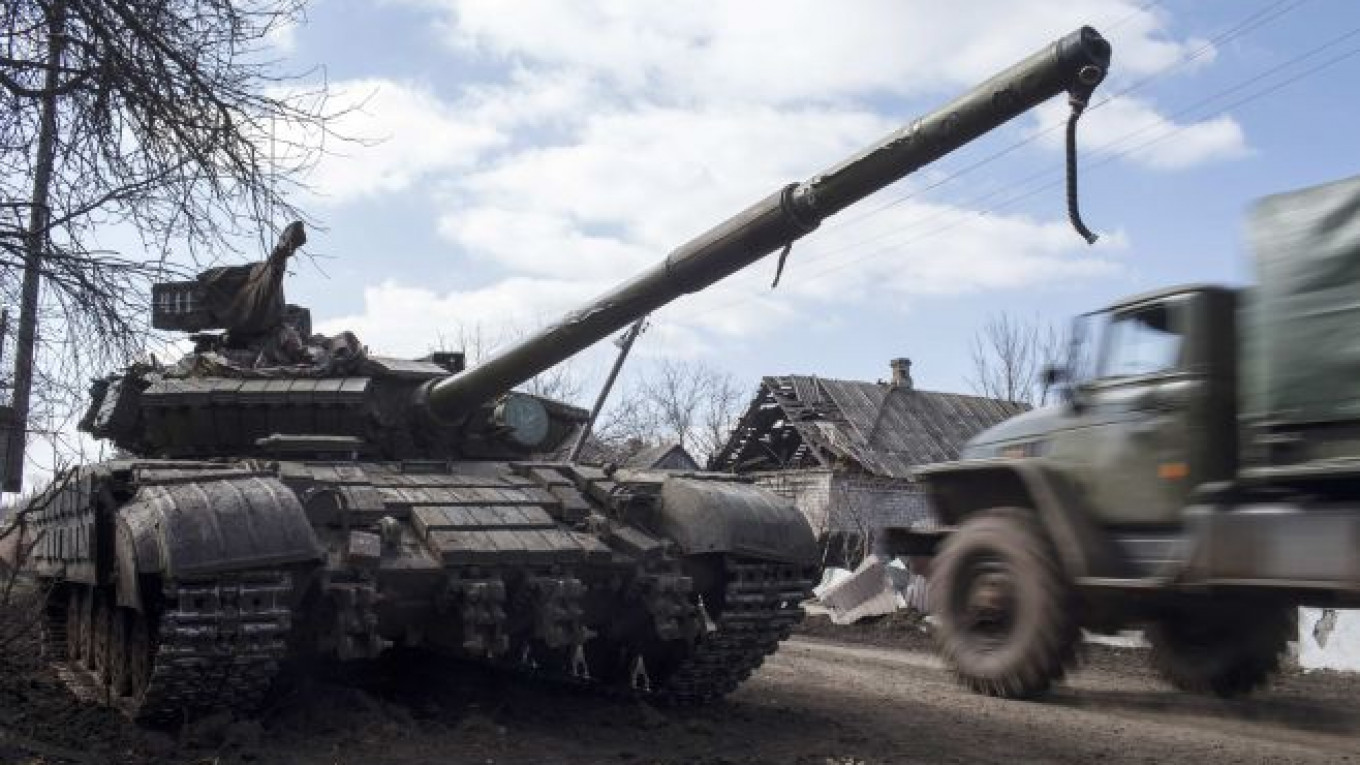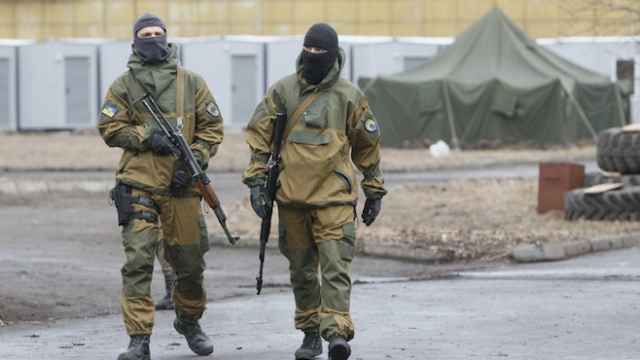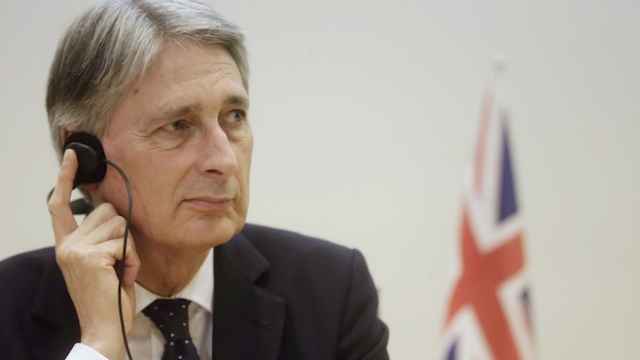The European Union needs its own army to face up to Russia and other threats as well as restore the bloc's foreign policy standing around the world, EU Commission President Jean-Claude Juncker told a German newspaper on Sunday.
Arguing that NATO was not enough because not all members of the transatlantic defense alliance are in the EU, Juncker said a common EU army would also send important signals to the world.
"A joint EU army would show the world that there would never again be a war between EU countries," Juncker told the Welt am Sonntag newspaper. "Such an army would also help us to form common foreign and security policies and allow Europe to take on responsibility in the world."
Juncker said a common EU army could serve as a deterrent and would have been useful during the Ukraine crisis.
"With its own army, Europe could react more credibly to the threat to peace in a member state or in a neighboring state.
"One wouldn't have a European army to deploy it immediately. But a common European army would convey a clear message to Russia that we are serious about defending our European values."
The 28-nation EU already has battle groups that are manned on a rotational basis and meant to be available as a rapid reaction force. But they have never been used in a crisis.
EU leaders have said they want to boost the common security policy by improving rapid response capabilities.
But Britain, along with France one of the two main military powers in the bloc, has been wary of giving a bigger military role to the EU, fearing it could undermine NATO.
German Defense Minister Ursula von der Leyen welcomed Juncker's proposal: "Our future as Europeans will at some point be with a European army," she told German radio.
A Message from The Moscow Times:
Dear readers,
We are facing unprecedented challenges. Russia's Prosecutor General's Office has designated The Moscow Times as an "undesirable" organization, criminalizing our work and putting our staff at risk of prosecution. This follows our earlier unjust labeling as a "foreign agent."
These actions are direct attempts to silence independent journalism in Russia. The authorities claim our work "discredits the decisions of the Russian leadership." We see things differently: we strive to provide accurate, unbiased reporting on Russia.
We, the journalists of The Moscow Times, refuse to be silenced. But to continue our work, we need your help.
Your support, no matter how small, makes a world of difference. If you can, please support us monthly starting from just $2. It's quick to set up, and every contribution makes a significant impact.
By supporting The Moscow Times, you're defending open, independent journalism in the face of repression. Thank you for standing with us.
Remind me later.






